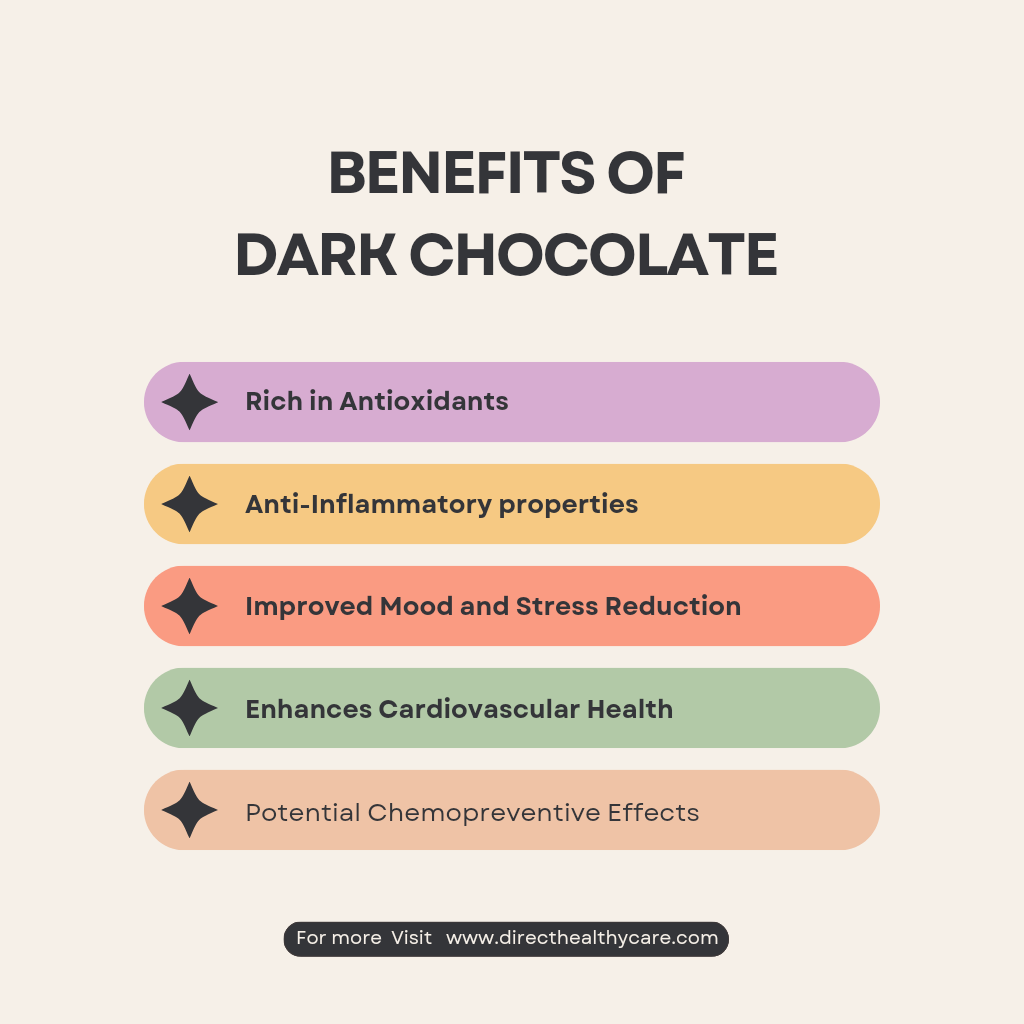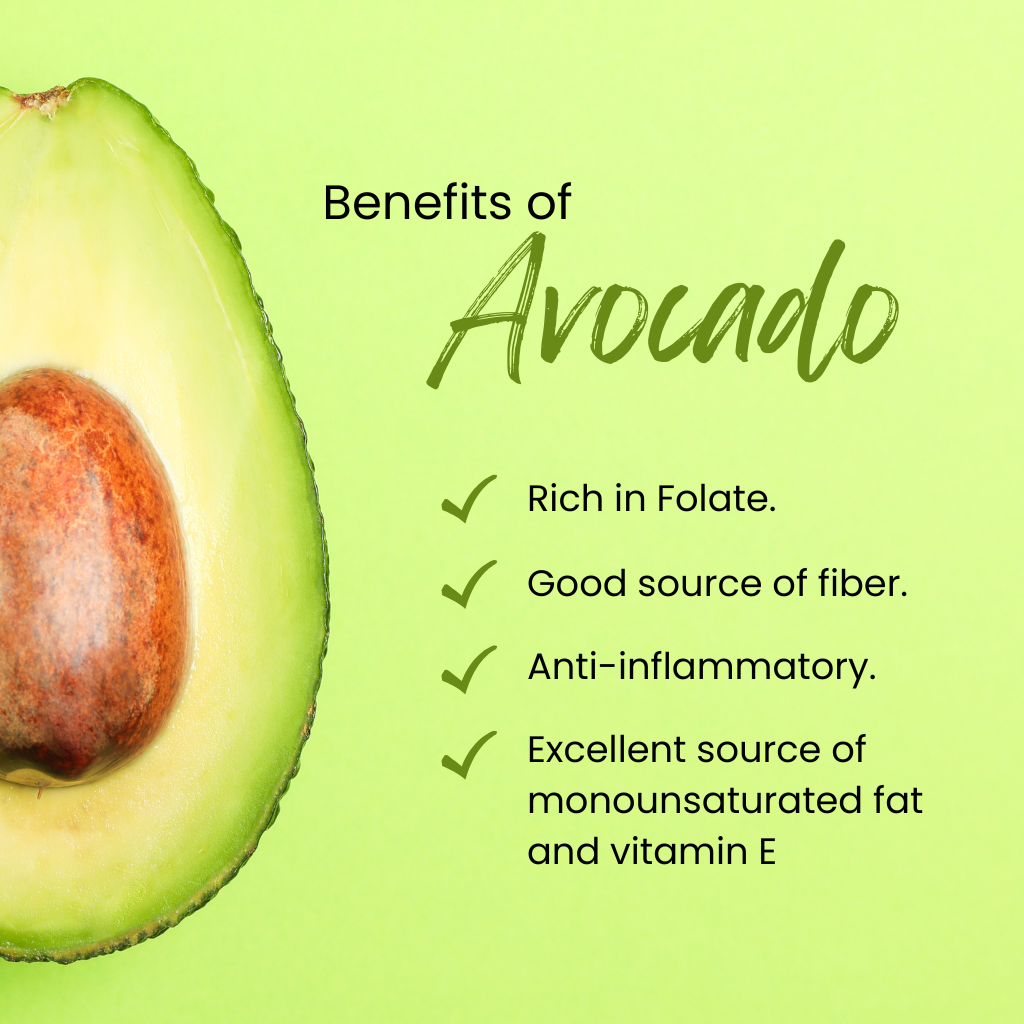Dark Chocolate Benefits and Side Effects
Dark Chocolate Benefits and Side Effects for Cancer Patients

Dark Chocolate Benefits
Dark chocolate has long been celebrated for its rich flavor and satisfying taste, but did you know it also holds potential health benefits, particularly for cancer patients? While dark chocolate is not a cure for cancer, it does contain properties that may aid in the overall well-being of individuals undergoing cancer treatment. However, it’s also essential to be aware of potential side effects. Let’s explore Dark Chocolate Benefits and Side Effects for Cancer Patients.
Benefits of Dark Chocolate for Cancer
Rich in Antioxidants Dark chocolate is loaded with antioxidants, such as flavonoids, which can help combat oxidative stress. Oxidative stress plays a significant role in the development and progression of cancer, and consuming antioxidants can help neutralize free radicals, potentially reducing the risk of cancer cell growth.
Anti-Inflammatory Properties Chronic inflammation is linked to various types of cancer. The anti-inflammatory properties of dark chocolate can help reduce inflammation in the body, potentially slowing down cancer progression and alleviating some symptoms related to inflammation.
Improved Mood and Stress Reduction Cancer diagnosis and treatment can be incredibly stressful. Dark chocolate stimulates the production of endorphins, which are chemicals in the brain that create feelings of pleasure. It also contains serotonin, which acts as an antidepressant. These mood-boosting effects can be particularly beneficial for cancer patients experiencing anxiety and depression.
Enhances Cardiovascular Health Cardiovascular health is crucial, especially for cancer patients, as many treatments can put additional strain on the heart. Dark chocolate has been shown to improve blood flow, lower blood pressure, and reduce the risk of heart disease, which can be beneficial for maintaining overall health during cancer treatment.
Potential Chemopreventive Effects Some studies suggest that the compounds in dark chocolate may have chemo preventive properties, meaning they could help prevent the initiation or progression of cancer. These effects are thought to be due to the combination of antioxidants, anti-inflammatory agents, and other bioactive compounds found in cocoa.
Side Effects of Dark Chocolate for Cancer Patients
High Calorie and Sugar Content While dark chocolate is healthier than milk chocolate, it still contains calories and sugar. Excessive consumption can lead to weight gain, which is a risk factor for various types of cancer. It’s essential for cancer patients to manage their weight and maintain a balanced diet.
Caffeine Content Dark chocolate contains caffeine, which can cause issues such as insomnia, increased heart rate, and anxiety in sensitive individuals. Cancer patients who are particularly sensitive to caffeine or who have conditions that could be exacerbated by caffeine intake should consume dark chocolate in moderation.
Potential Allergens Some people might be allergic to cocoa or other ingredients in dark chocolate. It’s crucial for cancer patients to be aware of any food allergies or sensitivities they might have, as allergic reactions can complicate treatment and recovery.
Interaction with Medications Certain compounds in dark chocolate may interact with cancer medications. For instance, the high levels of antioxidants might interfere with the effectiveness of some chemotherapy drugs. It’s important for cancer patients to consult with their healthcare provider before adding dark chocolate to their diet.
Digestive Issues Some individuals may experience digestive problems, such as acid reflux or bloating, after consuming dark chocolate. Cancer treatments can already impact the digestive system, so adding a food that could potentially cause discomfort might not be advisable for everyone.
Which Types of Cancer Can Benefit?
Colorectal Cancer: Studies have shown that the antioxidants and anti-inflammatory compounds in dark chocolate could have protective effects against colorectal cancer.
Breast Cancer: The flavonoids in dark chocolate may play a role in reducing the risk of breast cancer by inhibiting cancer cell growth and reducing inflammation.
Prostate Cancer: Some research indicates that the antioxidants in dark chocolate may help slow the growth of prostate cancer cells.
Lung Cancer: While more research is needed, some studies suggest that the flavonoids in dark chocolate could have potential benefits for lung cancer prevention.
It’s important to note that while dark chocolate may offer some benefits, it’s not a substitute for medical treatment. Always consult with healthcare professionals for proper cancer management and treatment.
Conclusion
Dark chocolate, when consumed in moderation, can offer several potential benefits for cancer patients, including antioxidant support, anti-inflammatory effects, and mood improvement. However, it is also important to consider the potential side effects and interactions with cancer treatments. As with any dietary change, it’s crucial for cancer patients to consult with their healthcare team to ensure that incorporating dark chocolate into their diet is safe and beneficial for their individual health needs.
By understanding both the benefits and risks, cancer patients can make informed decisions about including dark chocolate in their diet as part of a holistic approach to cancer care and overall wellness.
Foods to Boost Fertility
Discover foods to boost fertility, learn how nutrition impacts reproductive health & get tips for a…
Avocado benefits
discover the incredible Avocado Benefits! from heart health and glowing skin to improved digestion and brain…
Is Cervical Cancer Genetic?
Cervical cancer isn't usually hereditary, but genetic susceptibility, HPV infection, and lifestyle factors influence risk. Prevention…









